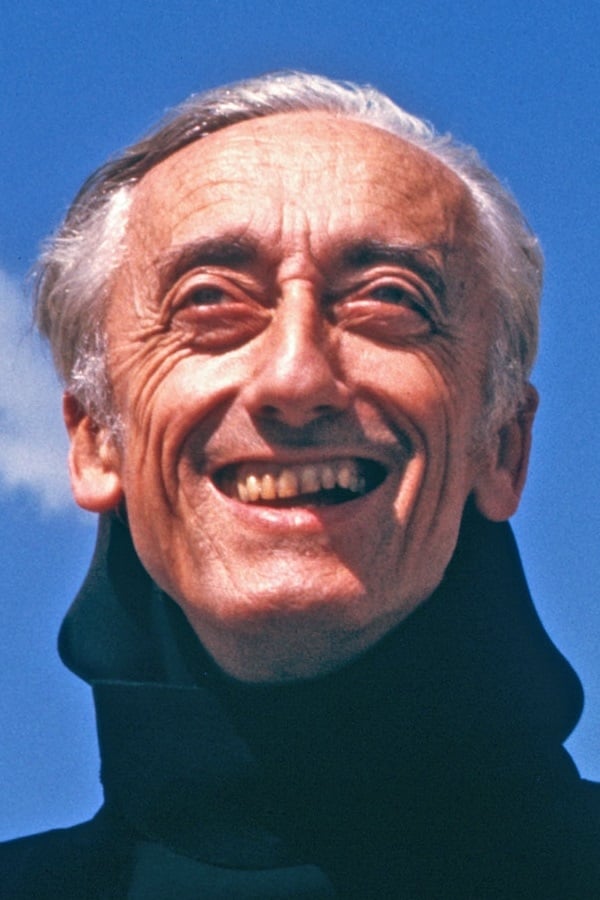

Adventurer, filmmaker, inventor, author, unlikely celebrity and conservationist: For over four decades, Jacques-Yves Cousteau and his explorations under the ocean became synonymous with a love of science and the natural world. As he learned to protect the environment, he brought the whole world with him, sounding alarms more than 50 years ago about the warming seas and our planet’s vulnerability. In BECOMING COUSTEAU, from National Geographic Documentary Films, two-time Academy Award®-nominated filmmaker Liz Garbus takes an inside look at Cousteau and his life, his iconic films and inventions, and the experiences that made him the 20th century’s most unique and renowned environmental voice — and the man who inspired generations to protect the Earth.
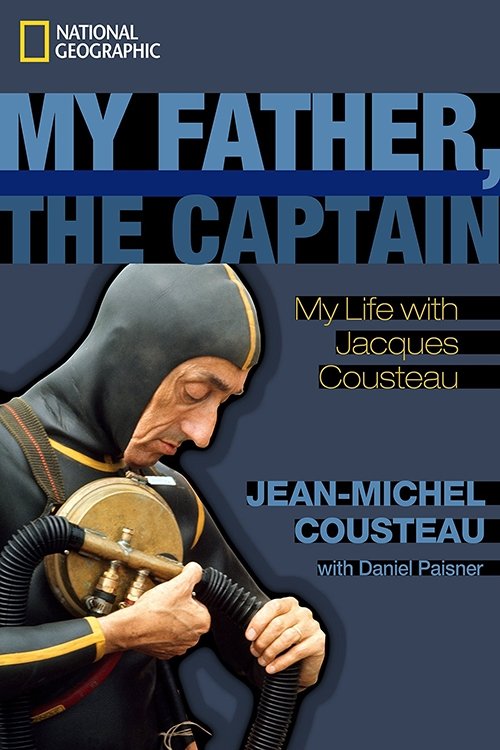
My Father, The Captain: Jacques-Yves Cousteau revisits the adventure and the legacy of Captain Cousteau not only through intimate stories from his family but also from some of the people whose lives he influenced. In rediscovered footage of the earliest days of scuba diving, Jean-Michel Cousteau shows how his father brought the great unseen ocean into focus and into our homes. Jean-Michel and the next generation of Cousteau children, now adults, describe the legacy they have taken upon themselves to carry and cast a meaningful light on the life and work of a man who inspired millions to reconsider our relationship with the sea and its creatures.
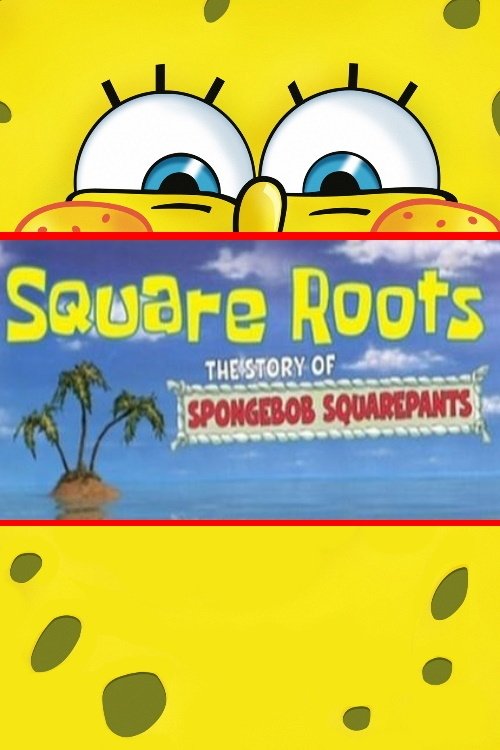
Commemorates the 10th anniversary of the SpongeBob SquarePants. The documentary chronicles the beloved character's journey to international pop culture icon status and showcases the series' around the world.
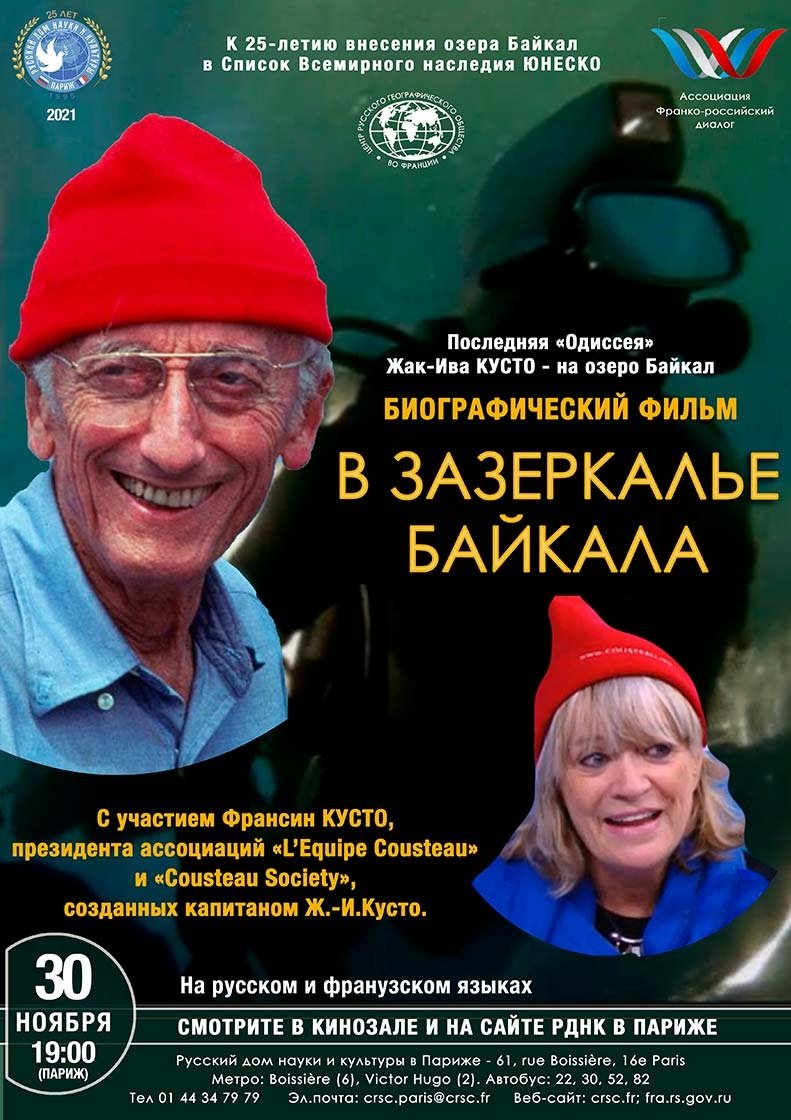

An account of Dr. Robert D. Ballard's exploration of the wreck of the Britannic in September 1995. Britannic, the sister-ship of the Titanic, was sunk after a mysterious explosion while serving as a hospital ship during World War One. Ballard sets out to relocate the wreck and attempts to prove once and for all whether it was a German mine or torpedo which inflicted the fatal damage.
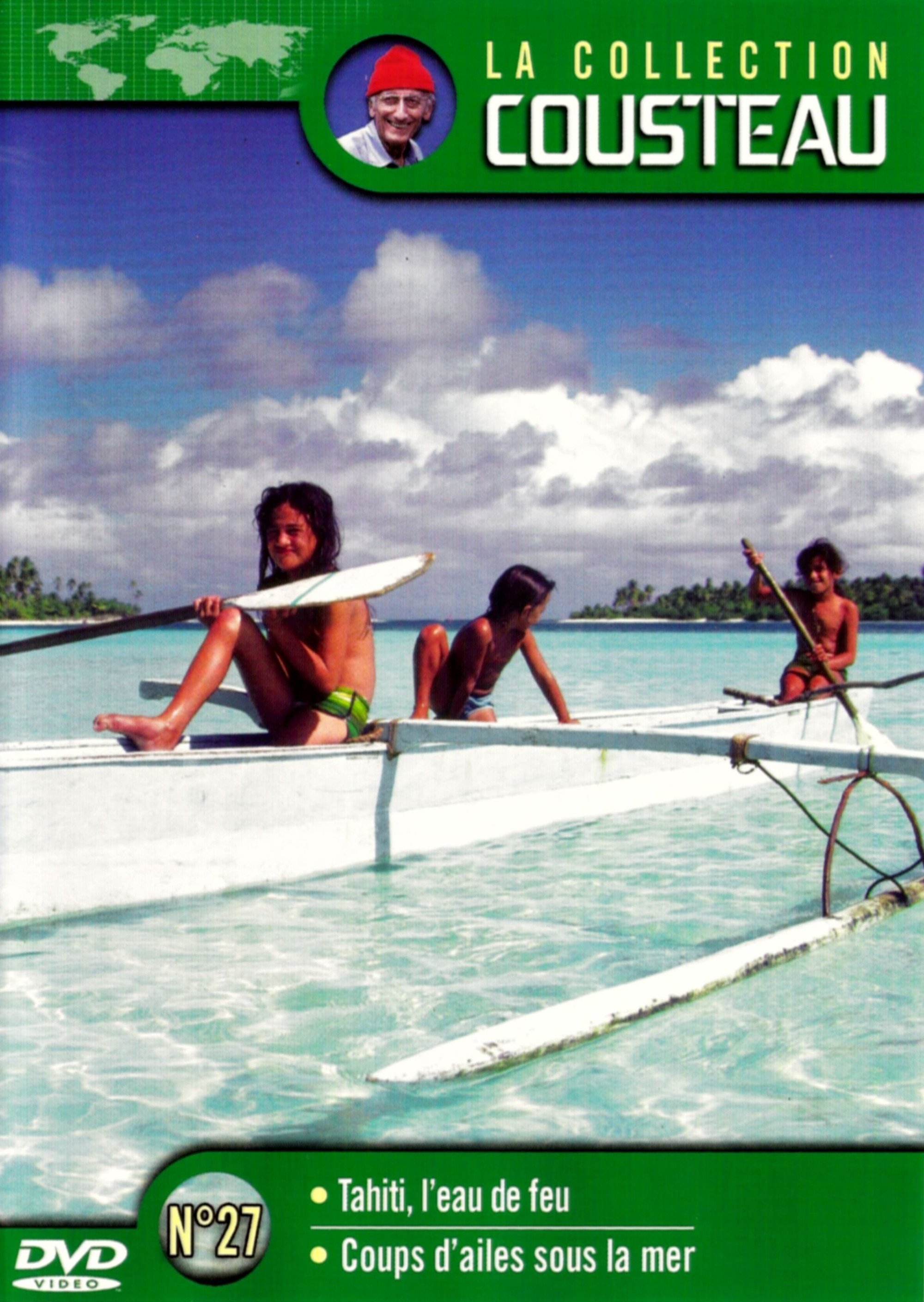
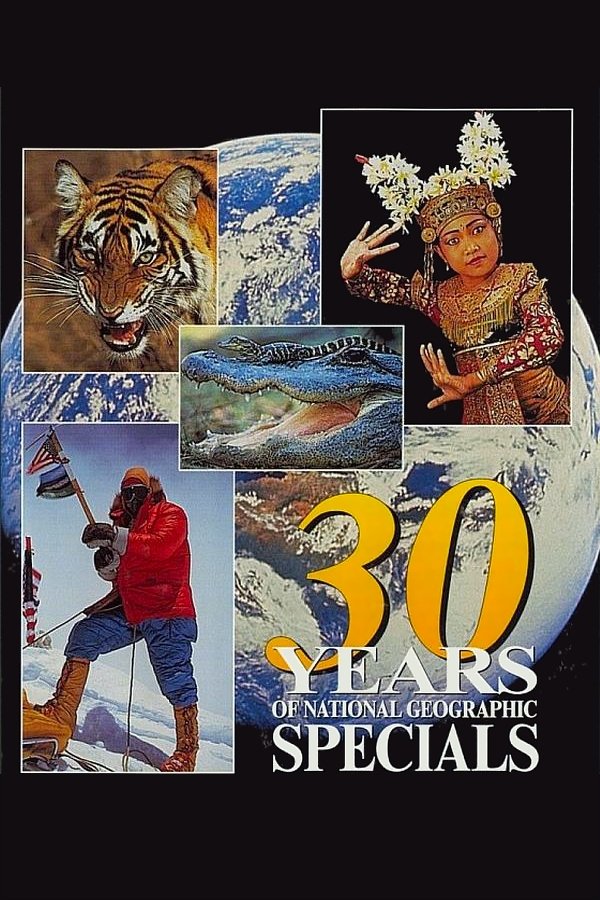
Celebrates 30 years of televised specials by The National Geographic Society.

Oceanographer Jacques-Yves Cousteau and the Calypso set sail to research far-off cultures and species of aquatic life in the second installment of the explorer's nature series 'Cousteau's Rediscover the World'.
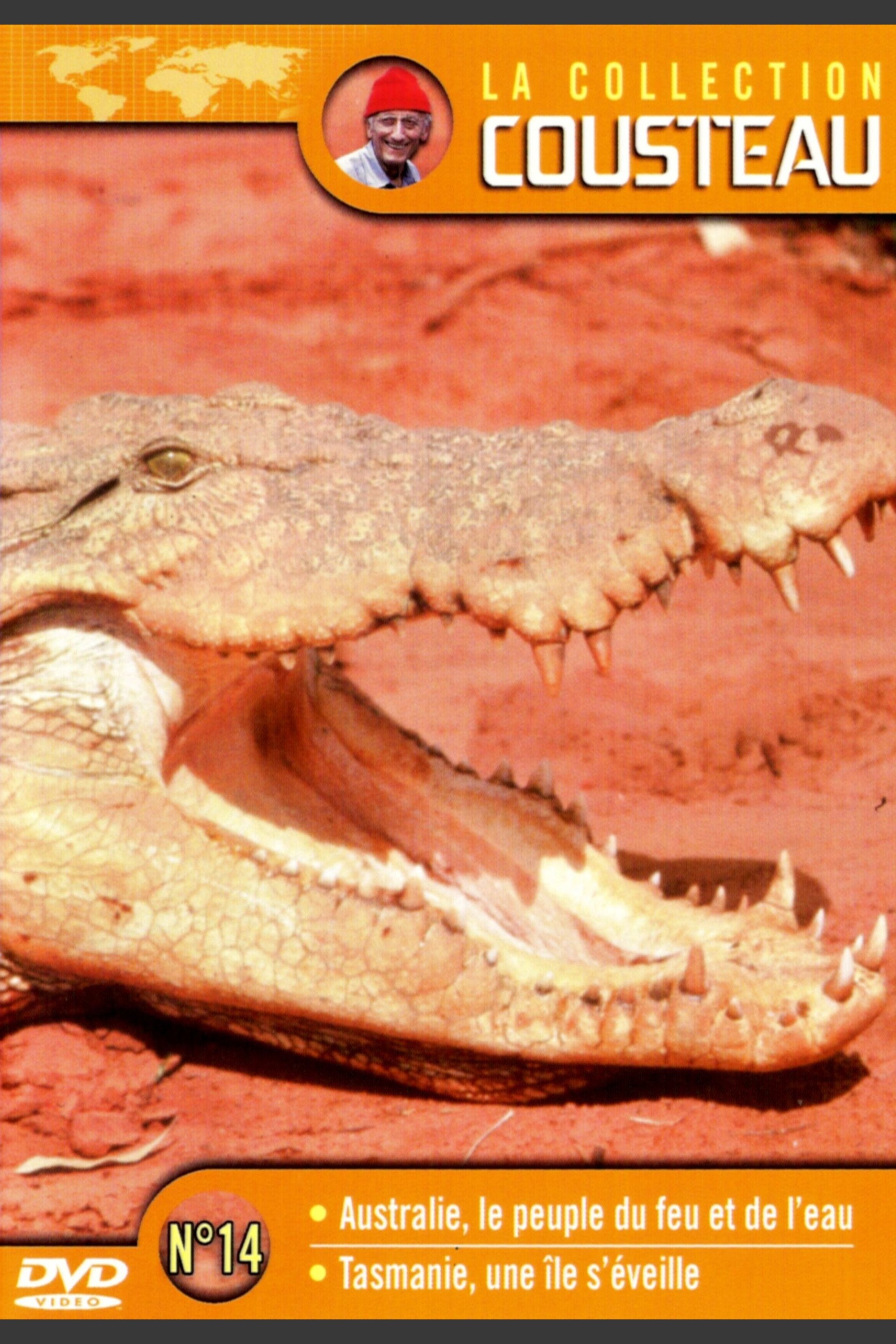
Jacques-Yves Cousteau, AC (11 June 1910 – 25 June 1997) was a French naval officer, oceanographer, scientist, inventor, filmmaker, photographer, innovator, conservationist, author, and researcher who studied the sea and all forms of life in water. He co-invented the first successful open-circuit self-contained underwater breathing apparatus, ("SCUBA"), called the Aqua-Lung, which assisted him in producing some of the first underwater documentaries. He also pioneered marine conservation and was a member of the Académie française. From 1966 to 1976, he hosted The Undersea World of Jacques Cousteau, a documentary television series, presented on American commercial television stations. A second documentary series, The Cousteau Odyssey, ran from 1977 to 1982 on public television stations. In his first book, The Silent World: A Story of Undersea Discovery and Adventure, he surmised the existence of the echolocation abilities of porpoises. The book was adapted into an underwater documentary called The Silent World. Co-directed by Cousteau and Louis Malle, it was one of the first films to use underwater cinematography to document the ocean depths in color. The film won the 1956 Palme d'Or at the Cannes Film Festival and remained the only documentary to do so until 2004 (when Fahrenheit 9/11 received the award). It was also awarded the Academy Award for Best Documentary in 1957. From Wikipedia, the free encyclopedia
By browsing this website, you accept our cookies policy.